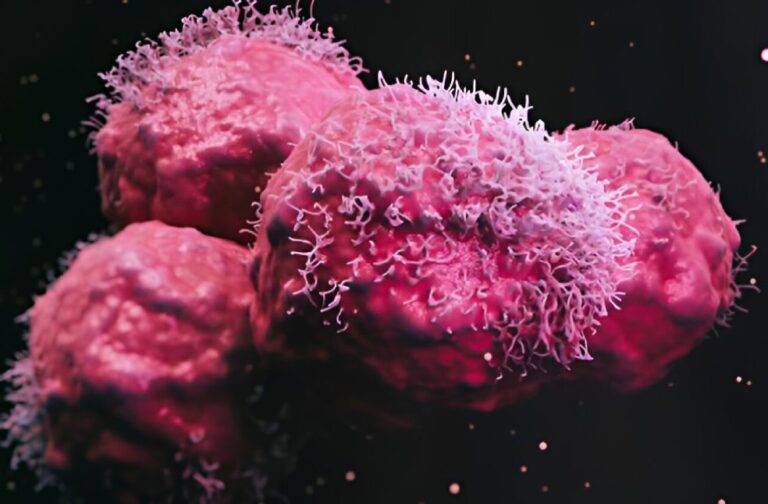United Kingdom: Scientists at the University of Cambridge and the Early Cancer Institute have developed a groundbreaking urine test that may detect the first signs of lung cancer, proposing new hope for early diagnosis.
The innovative test works by identifying “zombie” cell proteins—specific markers released by damaged cells in lung tissue that stimulate cancer development. These cells, also known as senescent cells, stay alive but lose their ability to grow and divide, causing damage to their surroundings and paving the way for cancer.
The test affects injecting a sensor that interacts with these zombie cell proteins, releasing a blend detectable in urine. Once urine is treated with a silver-based solution, a color change indicates the presence of these early warning proteins.

Professor Ljiljana Fruk, one of the researchers, explained that, “Before cancer emerges, impaired cells release signals that reprogramme tissue, making it a fertile ground for cancer evolution. We designed a probe to detect these changes early, potentially years before symptoms appear.”
Currently tested successfully on mice, the researchers aim to begin human trials soon. This advancement could provide a more affordable alternative to expensive scans, particularly in regions where lung cancer diagnoses often come too late for effective treatment.
Lung cancer stays the leading cause of cancer deaths globally, claiming approximately 1.8 million lives annually. Early detection could significantly enhance survival rates by allowing treatments to begin before the disease progresses. This pioneering research was funded by Cancer Research UK and holds promise for transforming lung cancer outcomes worldwide.



